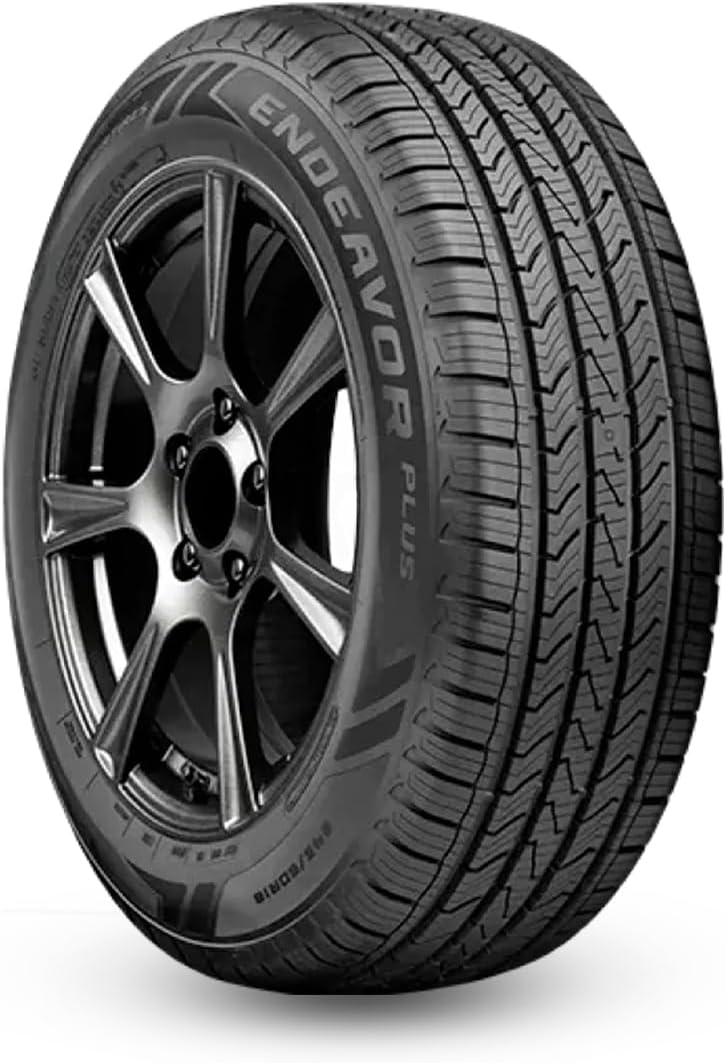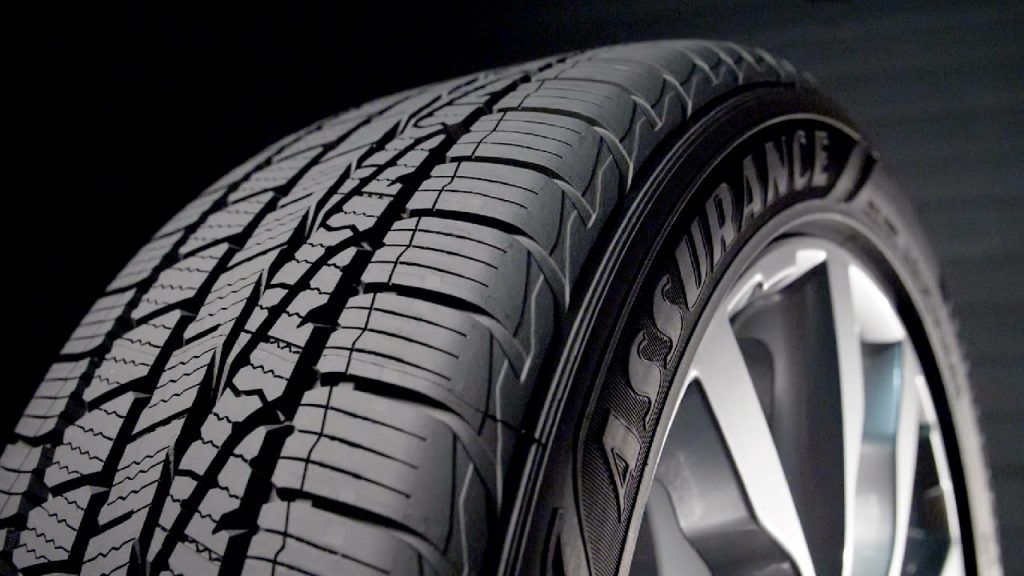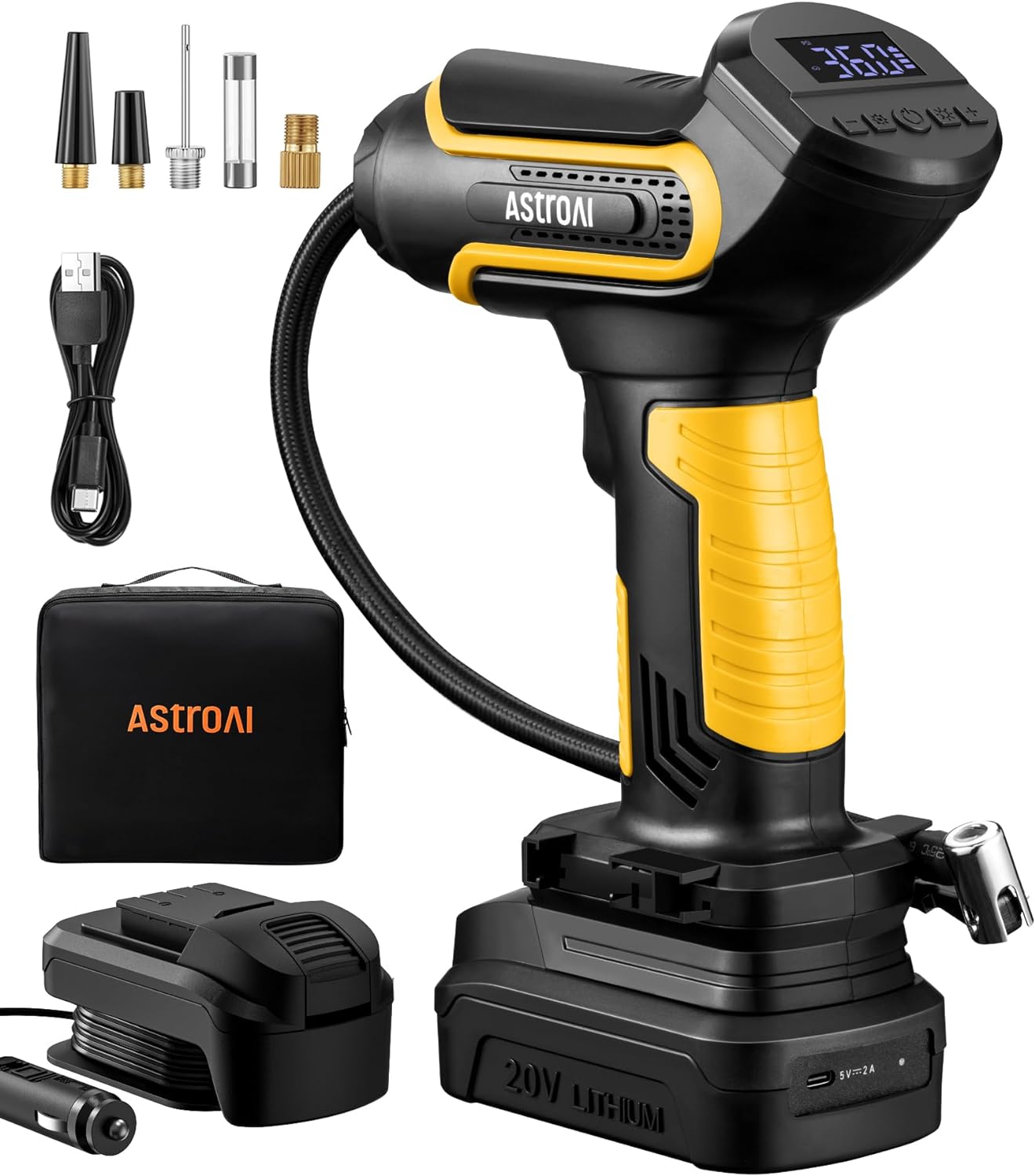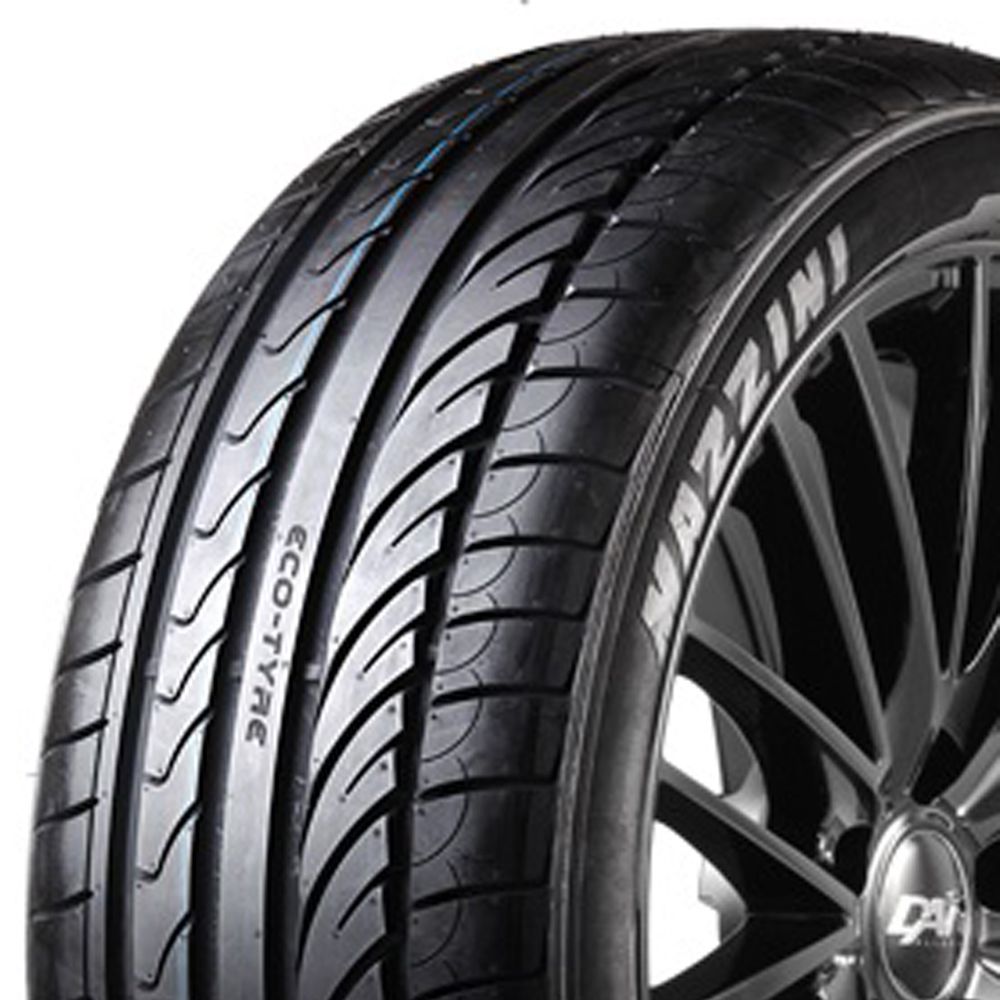Choosing the Best Tires for Your Car: A Comprehensive Guide
Car tires play a crucial role in ensuring your safety, comfort, and overall driving experience. Whether you’re a seasoned driver or a new car owner, selecting the right tires is essential. In this comprehensive guide, we’ll explore the key factors to consider when choosing the best tires for your vehicle.
1. Understanding Tire Types
Summer Tires
Winter Tires
All-Season Tires
2. Tire Size Matters
3. Consider Load Index and Speed Rating
4. Tread Patterns and Performance
5. Quality and Brand Reputation
6. Budget vs. Long-Term Investment
7. Regular Maintenance and Rotation
Conclusion
Choosing the best tires involves a blend of science, practicality, and personal preference. Prioritize safety, consider your driving habits, and consult experts if needed. Remember, your tires are the only point of contact between your car and the road—make the right choice! 🚗🔧
Remember to consult your local tire professionals for personalized advice based on your specific driving needs and climate. Safe travels! 🌟
Related Products













